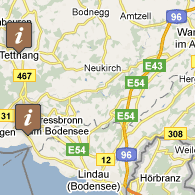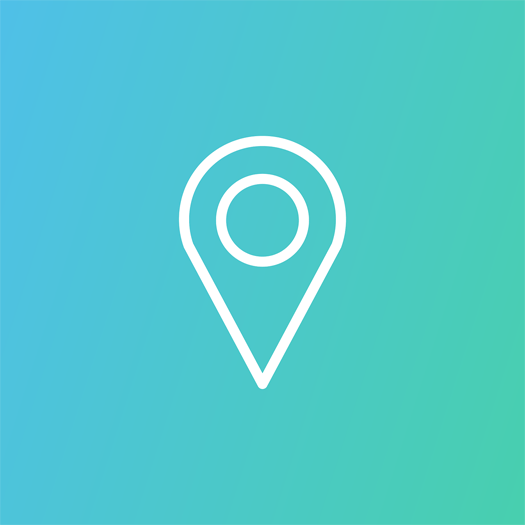MapQuest Disrupts Map Space; Is it a Google Maps Killer?

Maps are an important part of the digital ecosystem - but it's not just Google that developers and designers turn to when adding mapping functionality to their websites and applications. There are others and one in particular is poised to, once gain, be incredibly disruptive to the virtual status quo.
Celebrating its 18th anniversary (yes, you read that right... 18), digital mapping pioneer MapQuest released a redesigned user experience focusing on local discovery, delivering place details, greater functionality in general and reviews from its partners.
MapQuest has aligned with commercial data providers including Foursquare, GrubHub, SinglePlatform, Booker (a scheduling solution), SeatGeek, as well as government data sources including the Federal Aviation Administration.
"For 18 years, MapQuest has served as a true travel partner for our users providing everything from maps and directions to suggestions on what's close by," said Brian McMahon, general manager, MapQuest. "More than 70 percent of the 5 million routes on MapQuest each day are for end destinations less than 50 miles away. That means people are using our tool not just to get there, but to decide where 'there' will be and what else they can do once they arrive."
MapQuest has a long way to go in order to compete against Google and truly be competitive in the mapping niche. One of the ways it will need to do that is by making available the same data it provides to its users, to developers of applications through software development kits and client-side APIs. Anything short will miss the mark.











